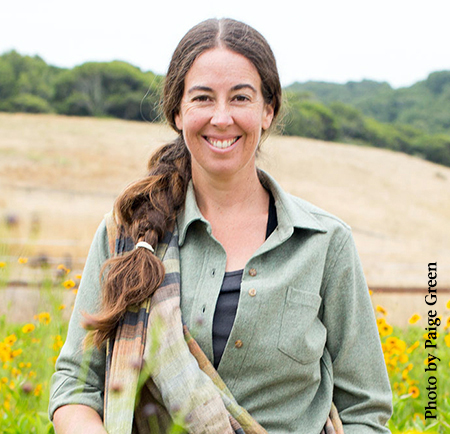

Giving unparalleled insight into asexuality and asexual relationships, How To Be Ace shows the importance of learning to be happy and proud of who you are. Brave, witty and empowering, this graphic memoir follows Rebecca as they navigates their asexual identity and mental health in a world obsessed with sex.

In this brave, hilarious and empowering graphic memoir, we follow Rebecca as they navigate a culture obsessed with sex - from being bullied at school and trying to fit in with friends, to forcing themselves into relationships and experiencing anxiety and OCD - before coming to understand and embrace their asexual identity. Me though? I was only interested in comics." Growing up, Rebecca assumes sex is just a scary new thing they will 'grow into' as they get older, but when they leave school, start working and do grow up, they start to wonder why they don't want to have sex with other people. How To Be Ace is their first book.PRISM AWARDS FINALIST 2021 GREAT GRAPHIC NOVELS FOR TEENS - YOUNG ADULT LIBRARY SERVICES ASSOCIATION (YALSA) 2022 "When I was in school, everyone got to a certain age where they became interested in talking about only one thing: boys, girls and sex. Rebecca Burgess does a great job of informing and educating without preaching or casting hatred on ignorance. I wish books like this existed when I was a teenager - it would have helped make things much less confusing for sure. Their comics have featured in The Guardian, and they love telling stories. It’s a sweet and heartfelt memoir, with fantastic ace and OCD rep that spoke to me on a deep level. Rebecca Burgess is a full-time autistic illustrator who identifies as asexual. Giving unparalleled insight into asexuality and asexual relationships, How To Be Ace shows the importance of learning to be happy and proud of who you are. Brave, witty and empowering, this graphic memoir follows Rebecca as she navigates her asexual identity and mental health in a world obsessed with sex. By connecting it directly to the personal experiences of the author it gives a really good perspective so it’s not just a clinical representation of what asexuality means, rather a depiction of how people feel and experience their asexuality. Growing up, Rebecca assumes sex is just a scary new thing they will 'grow into' as they get older, but when they leave school, start working and do grow up, they start to wonder why they don't want to have sex with other people. Me though? I was only interested in comics. When I was in school, everyone got to a certain age where they became interested in talking about only one thing: boys, girls and sex. YA Graphic Nonfiction-October 21, 2020-LGBT, LGBT Studies - General, Human Sexuality


 0 kommentar(er)
0 kommentar(er)
